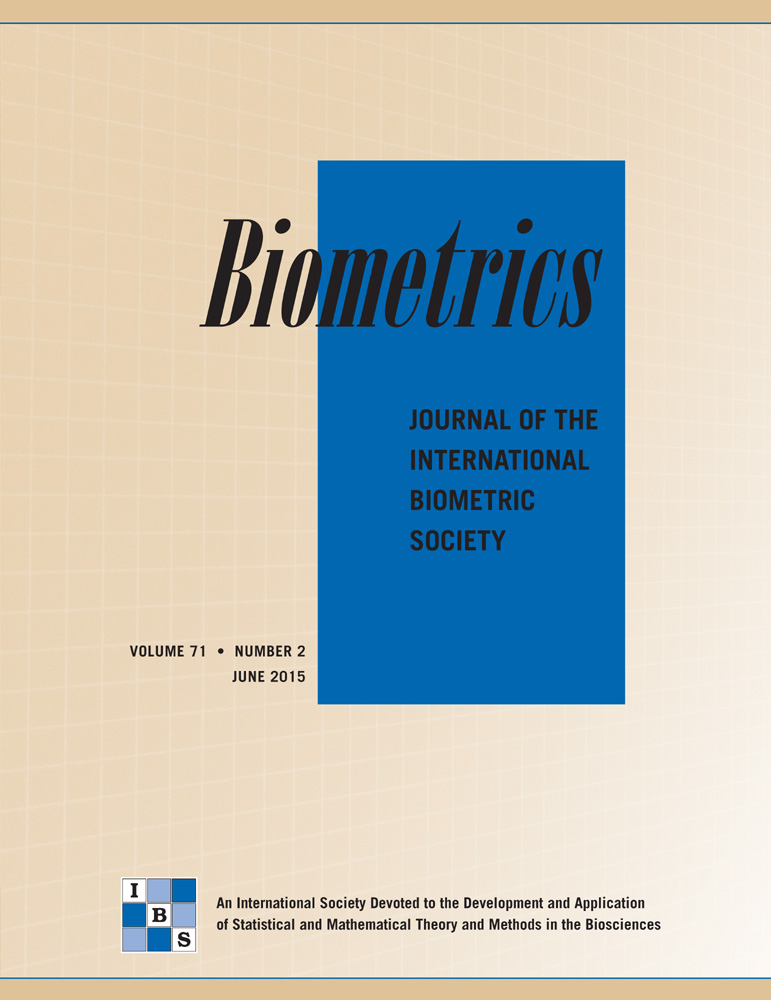Nonparametric estimation of transition probabilities in the non-Markov illness-death model: A comparative study
Summary
Multi-state models are often used for modeling complex event history data. In these models the estimation of the transition probabilities is of particular interest, since they allow for long-term predictions of the process. These quantities have been traditionally estimated by the Aalen–Johansen estimator, which is consistent if the process is Markov. Several non-Markov estimators have been proposed in the recent literature, and their superiority with respect to the Aalen–Johansen estimator has been proved in situations in which the Markov condition is strongly violated. However, the existing estimators have the drawback of requiring that the support of the censoring distribution contains the support of the lifetime distribution, which is not often the case. In this article, we propose two new methods for estimating the transition probabilities in the progressive illness-death model. Some asymptotic results are derived. The proposed estimators are consistent regardless the Markov condition and the referred assumption about the censoring support. We explore the finite sample behavior of the estimators through simulations. The main conclusion of this piece of research is that the proposed estimators are much more efficient than the existing non-Markov estimators in most cases. An application to a clinical trial on colon cancer is included. Extensions to progressive processes beyond the three-state illness-death model are discussed.




